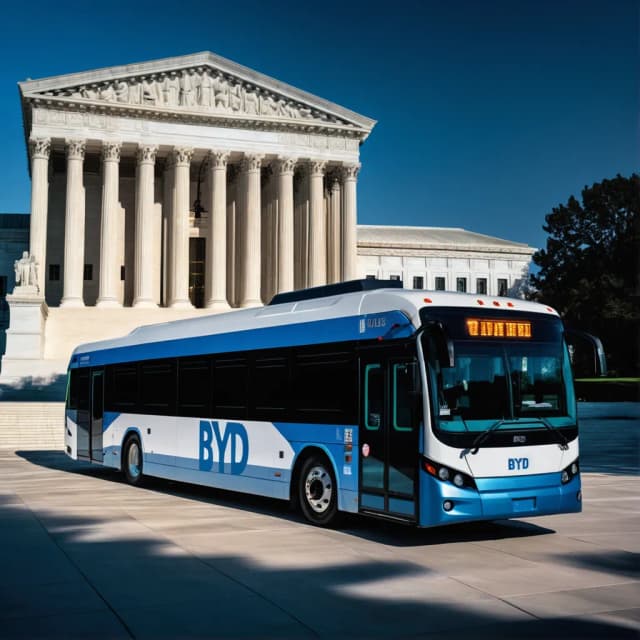China Slams Nvidia’s H20 Chips as Trade Showdown Looms
Why is Nvidia's H20 chip being criticized by the Chinese government?
What role does the H20 chip play in escalating U.S.-China tensions?
How does the HBM chip issue connect with the U.S.-China AI conflict?

- Chinese state-affiliated media brands Nvidia’s H20 AI chips as unsafe and technologically underwhelming.
- The criticism coincides with Beijing’s push for the U.S. to ease export controls on advanced AI components.
On August 10, 2025, Reuters reported that Chinese state-affiliated media sharply criticized Nvidia’s H20 AI chips. According to a post by Yuyuan Tantian, a social media account linked to state broadcaster CCTV, the chips are unsafe, technologically unimpressive, and environmentally unfriendly. These remarks escalate the technology and trade tensions between the U.S. and China.
This criticism followed an event on July 31, 2025, when China’s cyberspace regulator summoned Nvidia to address concerns over potential “backdoor” security risks in its products. While Nvidia denied any vulnerabilities, stating that its chips meet strict security standards, China’s state-run media has intensified its demands for the company to provide further evidence to resolve national security concerns.
Nvidia developed the less-powerful H20 chips specifically for the Chinese market to comply with U.S. export controls from late 2023. The Biden administration's export controls permit the sale of these compliant chips. This allowance lets Nvidia sell the H20 and maintain its access to the critical Chinese market.
Beijing’s criticism of the H20 has wider implications for U.S.-China tech trade talks. According to a report from Reuters on August 9, China is leveraging this controversy to pressure the U.S. to relax restrictions on high-bandwidth memory (HBM) chips, which are essential for AI applications. The U.S. maintains export controls on these components to curb China’s technological and military acceleration.
Additionally, the state-led denunciation of foreign technology aligns with China’s broader goal of semiconductor self-reliance. By criticizing the safety and quality of Nvidia’s chips, Beijing seeks to bolster its domestic semiconductor industry. This move also strengthens its negotiating position in ongoing trade discussions, which could include a possible summit between Presidents Biden and Xi Jinping.
U.S. policymakers face a challenge in navigating these issues. Relaxing restrictions on components like HBM chips could undermine the national security concerns that prompted the original controls. However, refusing to compromise might provoke retaliation from China, which could harm major tech firms like Nvidia that depend heavily on the Chinese market.
Get real-time crypto breaking news on Unblock Media Telegram! (Click)










